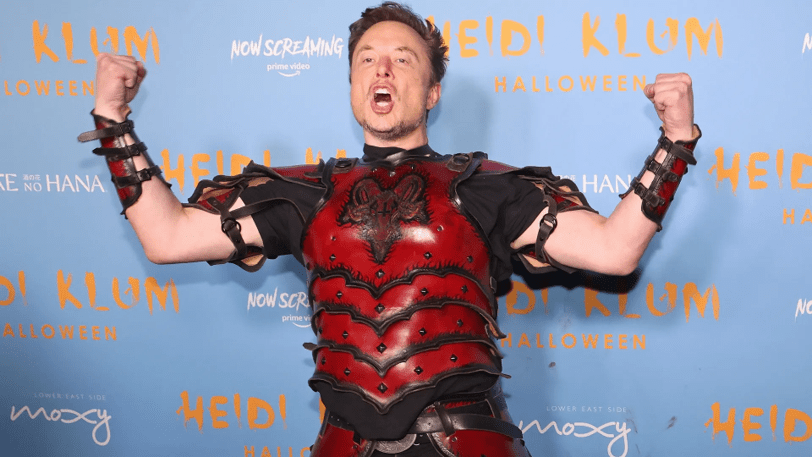Elon Musk, the billionaire CEO of multiple companies, including Tesla and Twitter, has stated that he does not intend to pass on his businesses to his children in the near future.
During an interview at The Wall Street Journal’s CEO Council, Musk expressed his belief that it is not appropriate for executives to automatically hand over their companies or voting shares to their children, even if they lack the interest or ability to manage them effectively.

Elon Musk emphasized his perspective on succession planning during the interview, stating that he has identified individuals who could potentially take over his companies in the event of his absence. However, he stressed that he does not believe in the automatic transfer of shares or ownership to his children. Musk considers it a mistake to do so, even if they are not inclined or capable of managing the businesses.
Musk is known to have nine children, with his eldest child being 19 years old. While Musk often showcases his 3-year-old son, X AE A-XII, and even gave him a Twitter badge, he does not have close relationships with all of his children. Last year, Musk’s oldest child sought to change her name and expressed a desire to sever ties with her biological father, according to Reuters.

The question of whether billionaires should involve their children in their empire is a longstanding debate. Some entrepreneurs, like Apple’s Steve Jobs, did not intend to pass their fortune onto their kids. However, others, such as Bernard Arnault and Rupert Murdoch, have chosen to hand over parts of their business empires to their children, sometimes leading to dramatic succession battles within their families.
Elon Musk, who owns five companies, acknowledged that succession planning is a challenging and age-old problem. He has informed the boards of his companies about the individuals he would recommend to succeed him in executive roles. As CEO of Tesla and the chief technology officer at Twitter, Musk has made his preferences known to ensure a smooth transition if unexpected circumstances arise.
Musk expressed greater concern over the fate of the shares he owns in his companies, an issue he has been grappling with. His initial idea involves creating an educational institution that would control his voting shares. This approach would address the question of ownership and influence.
Despite recent speculations and rumors, Elon Musk clarified at Tesla’s annual meeting that he was not actively seeking a new CEO to replace him. However, discussions about his succession plan have arisen since he took Twitter private in October. Some investors have expressed concerns about his preoccupation with Twitter and called for him to be more focused on his core businesses.

Nevertheless, with the appointment of a new CEO for Twitter, these concerns seem to have subsided, allowing Musk to concentrate on his “golden child” companies, according to Wedbush tech analyst Dan Ives.
Elon Musk’s stance on succession planning reflects his belief that executives should not automatically pass on their companies or voting shares to their children. As concerns over Musk’s succession plan have eased following the appointment of a new CEO for Twitter, he can now focus on his core businesses and their future endeavors.


